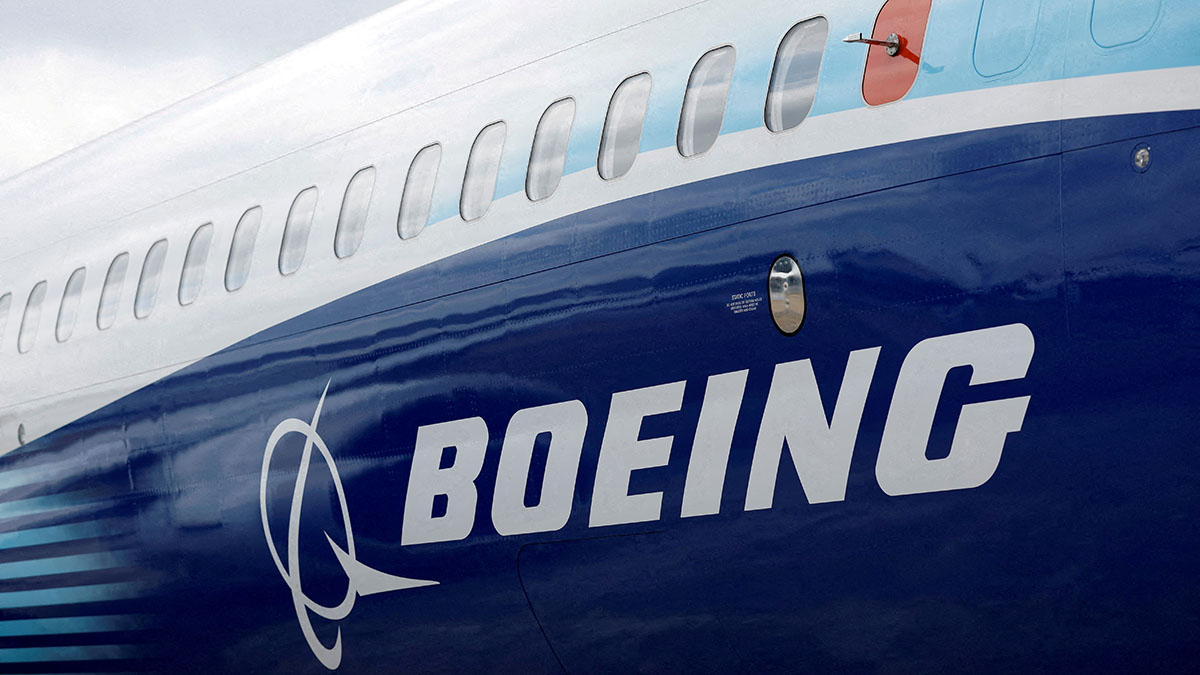In a recent development, Boeing’s board of directors recommended shareholders vote against a proposal which sought an independent review of the company’s business activities and expenditures in China to determine their alignment with the company’s stated ESG commitments.
The Boeing annual meeting of shareholders is scheduled to take place today and the shareholder proposal regarding Boeing’s operations in China is listed as item 4 on the agenda.
The proposal, which was submitted by the National Legal and Policy Centre (NLPC). NLPC, which holds 38 shares of Boeing common stock, emphasised the need for transparency and accountability, urging the company’s board of directors to commission and publish a third-party review within the next year about its China operations.
What the shareholder proposal says
The proposal highlighted several concerns. It said that Boeing pledged to reduce greenhouse gas emissions and achieve 100 per cent renewable electricity by 2030. It also claimed to uphold human rights throughout its operations. However, the proposal argued that Boeing’s close ties with China contradict its ESG (Environmental, social and governance) commitments, given China’s significant greenhouse gas emissions and poor human rights record.
“The Boeing company touts the virtues of its ESG initiatives, such as its commitment to reduce operational greenhouse gas emissions 55 per cent by 2030 below 2017’s, and to achieve 100 per cent renewable electricity by the end of the decade, as part of commercial aviation’s goal of “net zero” greenhouse gas emissions by 2050. The company also insists human rights are protected throughout its operations, as outlined in its ‘Basic Working Conditions and Human Rights in Boeing’s Supply Chain’. But the company’s environmental promises and human rights commitments are belied by its cosy relationship with China, a country that is controlled by the dictatorial and inhumane Chinese Communist Party,” the proposal read.
Furthermore, the proposal pointed out that Boeing’s measures to ensure human rights in its supply chain are insufficient compared to other corporations with operations in China.
Impact Shorts
More Shorts“… compared to many other corporations with significant operations in China, Boeing’s human rights accountability measures are weak. Assessments of the potential for human trafficking or slavery are conducted internally, not by third parties,” the NLPC proposal said.
Therefore, it calls for independent, third-party audits to verify compliance. NLPC argued that an independent review is crucial for several reasons.
“The Chinese government has an abhorrent human rights record as evidenced by its abuses against the Muslim Uyghurs and other ethnic minorities in Xinjiang, including forced labour programmes, forced sterilisations, and torture. Chinese authorities perpetrate genocide and use emerging technologies to carry out discriminatory surveillance and ethno-racial profiling measures designed to subjugate and exploit minority populations,” the NLPC mentioned in its proposal.
“Doing business with China counters everything Boeing claims to stand for, especially with its shabby accountability measures,” the NLPC said.
What the Boeing board of directors think
While the board of directors unanimously recommended voting against the proposal, they also added that the proposal was unnecessary and not in the best interest of shareholders.
The board said that Boeing already provides comprehensive disclosures regarding its operations in China and ESG practices. Boeing’s public disclosures, including the 2023 Annual Report on Form 10-K, offer detailed information about its operations in China. Additionally, Boeing publishes an annual sustainability report detailing its environmental stewardship, social progress and governance practices.
“China is a significant market for commercial aircraft and represents a key component of our commercial aircraft backlog. We also acknowledge the geopolitical pressures that have impacted and may continue to affect our business with Chinese customers and the supply chain generally. We believe that further singling out particular countries or groups of customers for scrutiny would be misleading to shareholders and potentially damage our relationships with customers, suppliers, and regulators,” the Boeing board of directors said in its response.
Boeing’s board also highlighted the company’s robust risk management strategies citing that it regularly assesses risks related to geopolitical events, customer and supplier relationships and ESG matters. Day-to-day risk management is handled by senior management ensuring the creation and execution of appropriate policies and mitigation plans.
Moreover, the board emphasised Boeing’s commitment to ethical behaviour and sustainability within its supply chain. The company’s supplier code of conduct outlines expected behaviours and enforces lawful, ethical and fair business practices, the board claimed. It said that the company is committed to preventing any form of slavery, human trafficking, forced labour, or child labour and enforces these standards through its supply chain management practices.
A dud proposal
With the entire board against it, there is no possibility of the proposal getting a thumbs up. The Boeing board relying on the existing disclosures, risk management strategies and supply chain management programmes, said that the proposed third-party review is redundant and potentially misleading thus ensuring its defeat.
)